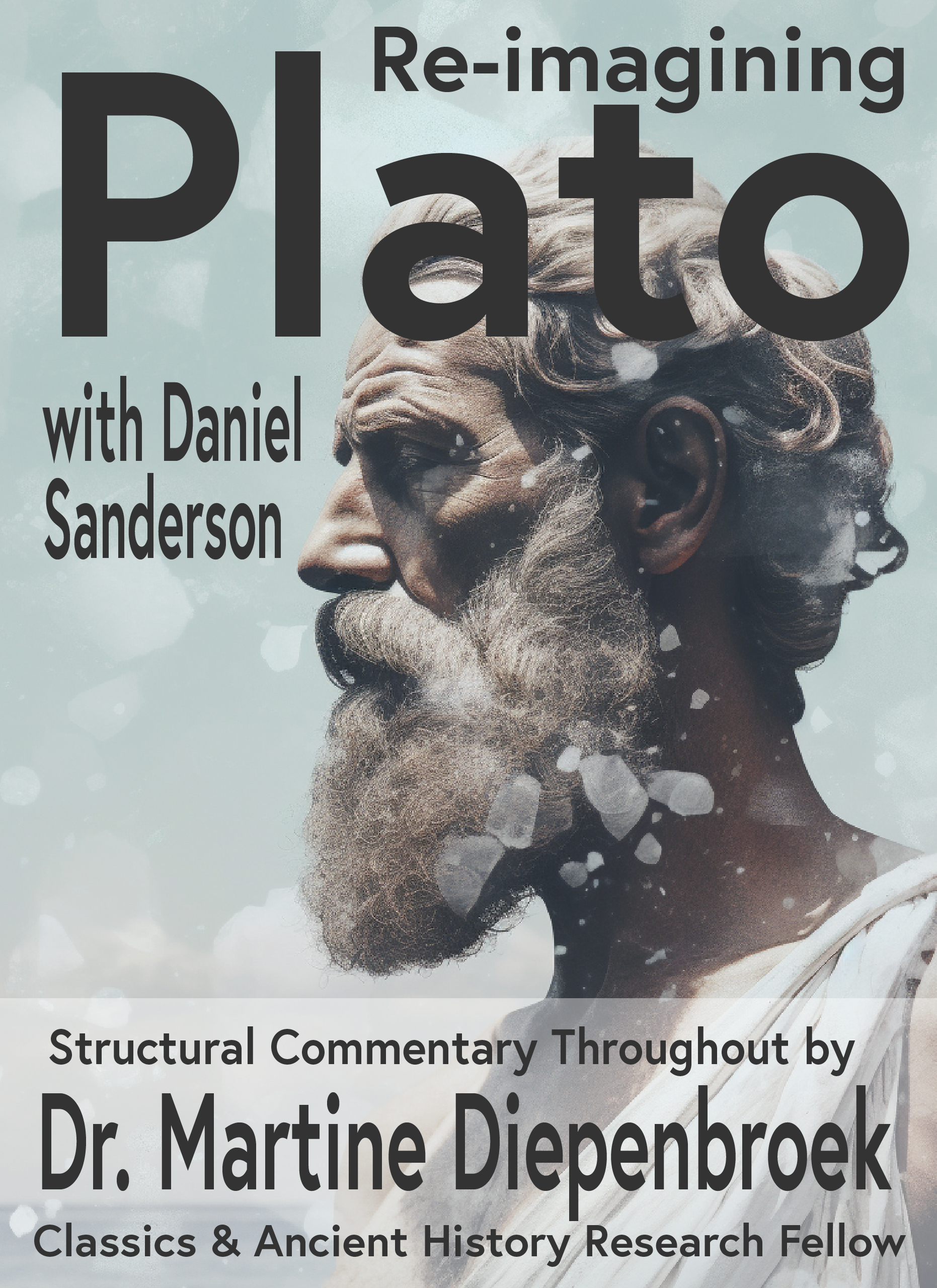The Ethical Dimensions of Leadership: Lessons from Ancient and Modern Figures
In leadership, ethical considerations have long been a subject of contention and debate. The allure of power often tempts leaders to bend or break moral principles, leading to dire consequences for the leaders and those they govern. In this discourse, we shall embark on an intellectual journey, traversing the annals of history to shed light on the ethical dimensions of leadership, drawing from the wisdom of ancient and modern figures. By challenging conventional wisdom, scrutinizing historical accounts, and invoking sharp wit, we aim to unravel the complexities at the heart of this enduring dilemma.

The Shadow of Ancient Leadership:
The ancient world offers a tapestry of leaders who epitomize the ethical problems inherent in wielding power. Alexander the Great, Julius Caesar, and Genghis Khan are often lauded for their military prowess and conquests, but their ethical legacies remain deeply contentious. Can we, in good conscience, admire the grandeur of their achievements while conveniently disregarding the immense suffering they inflicted upon countless individuals and civilizations?
Alexander the Great, for instance, marched triumphantly across vast territories, leaving behind a trail of destruction and bloodshed. His ambition knew no bounds, and his quest for glory superseded any moral qualms he might have had. The ethical dimension of his leadership becomes increasingly troublesome when we examine his treatment of conquered lands and peoples. History remembers him as a brilliant strategist and conqueror, but it also bears witness to his authoritarian tendencies and the immense human toll his ambition exacted.
Julius Caesar, the embodiment of ambition, sought to bend the Roman Republic to his will, effectively ending centuries of republican governance. While some may argue that his actions paved the way for a more stable and unified Roman Empire, we must not forget the ethical compromises he made along the way. Caesar's disregard for democratic principles and his ruthless pursuit of power through political manipulation and military force should give us pause.

The Paradox of Modern Leadership:
Turning our gaze to modern times, we find ourselves confronted with a different set of ethical dilemmas. The leaders of our era are not warlords or conquerors in the traditional sense but rather politicians, CEOs, and heads of state. Yet, their actions and decisions carry far-reaching consequences that shape the lives of millions.
Leaders often find themselves trapped in a web of conflicting interests and compromised principles in the political arena. Pursuing power and re-election frequently leads to moral compromises and abandonment of principles. Political expediency becomes the guiding force, blurring the line between ethical leadership and Machiavellian manipulation.
On the other hand, corporate leaders face the challenge of balancing the demands of shareholders, employees, and the wider society. While not inherently unethical, pursuing profit can often lead to disregarding environmental sustainability, fair labour practices, and social responsibility. The fallout from corporate scandals, such as the Enron debacle or the 2008 financial crisis, reminds us of the ethical pitfalls that await leaders prioritizing short-term gains over long-term sustainability and integrity.
The Enigma of Ethical Leadership:
In light of the examples presented, we are compelled to question the very nature of ethical leadership. Is it an attainable ideal or an illusion that crumbles under the weight of real-world complexities? Can we find a leader who embodies the virtues of ethical conduct without compromising effectiveness?
Perhaps the answer lies not in the realm of individual leaders but in the systems and structures surrounding them. A leader may possess noble intentions and ethical principles. Still, if the system rewards Machiavellian tactics or places profit above all else, the likelihood of ethical leadership emerging unscathed becomes slim. Authentic, ethical leadership requires a symbiotic relationship between leaders, institutions, and the expectations of those being led.

Conclusion:
The ethical dimensions of leadership remain an enigma, fraught with complexity and contradictions. Through our exploration of ancient and modern figures, we have witnessed the perils of power and the moral compromises that often accompany it. The lessons from history urge us to scrutinize and challenge conventional wisdom, never allowing ourselves to be seduced by the allure of charisma or the grandeur of achievements.
As we move forward, we must demand more from our leaders and the systems that sustain them. We must foster a culture that values integrity, empathy, and accountability. Only by redefining our understanding of leadership, rejecting the status quo and pursuing a more ethically grounded approach can we hope to create a world where leaders genuinely serve the best interests of their constituents. Let us not settle for mediocrity or the illusion of leadership but strive for a higher standard that embraces the timeless values of ethics, reason, and human flourishing.

Plato Re-Imagined
This course includes 32 lectures covering most of Plato's dialogues and allowing the student to return to something divine. Divinity should resonate with secular and religious leaders alike. I present a compatible approach in my lecture on Consilience.
Also included with this course is a free book. If you pay for the course, you will get a physical copy of the book for free, mailed to your chosen address — anywhere on the planet!






